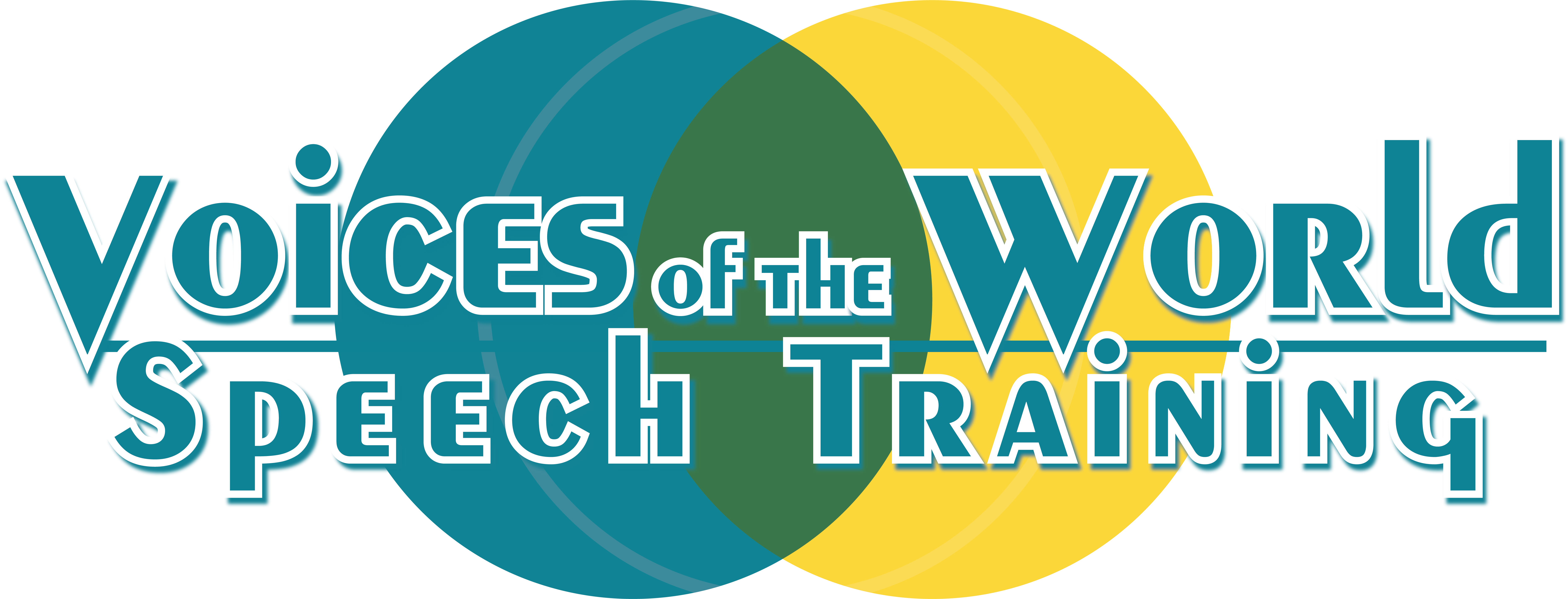
10 Aug “Fourteen” vs. “Forty”
Have you ever had to repeat yourself when saying “fourteen” or “forty,” “seventeen” or “seventy”? Here are some pointers that may help people understand these numbers more easily when you speak.
The differences…
- Stress (sometimes)
When you pronounce the word “forty,” primary stress, or emphasis, is placed on the first syllable: “FOR-ty.” When you pronounce the word “fourteen” by itself (i.e. not in a phrase), the stress is placed on the second syllable: “four-TEEN.”
The stress pattern is different in phrases. For “teen” number words (e.g. thirteen, fourteen, fifteen), the stress shifts to the first syllable when the following word begins with a stressed syllable. For example, in the phrase “fourteen children” or “fourteen girls,” the first syllable of “fourteen” has the most stress within the word: “FOUR-teen CHIL-dren.” In contrast, in the phrase “fifteen giraffes,” where the first syllable of the next word is not stressed, a native speaker would be most likely to place stress on the second syllable of “fifteen”: “fif-TEEN gir-AFFES.”
- Pronunciation of the “t”
When you pronounce the word “seventeen” or “fourteen,” the “t” is pronounced as a clear “t” with aspiration, or a burst of air. The “t” in the word “forty” and “seventy” is actually a tap or flap consonant. It sounds like a quick “d” sound rather than a “t.” It is the same sound that you produce (or should produce) in words like “meeting” and “photo.” To make this sound, you curl the tip of your tongue back and quickly brush it along the roof of your mouth on the bump behind your top front teeth, or you lightly and quickly tap that same bump behind your top front teeth.
Practice the words “fourteen” and “forty” and “seventeen” and “seventy” by themselves first. Focus on the pronunciation of the sounds and make sure you have a regular “t” in “fourteen” and “seventeen” and a quick “d” in “forty” and “seventy.” Next, practice the words in phrases by adding a noun. Pay attention to how the stress shifts depending on whether the noun’s first syllable is stressed or unstressed. Start slowly and gradually increase your speed until you have mastered the skill!
About the Author: Jane Rupp is a speech language pathologist and owner of Voices of the World Speech Therapy, a business specializing in foreign accent reduction.
